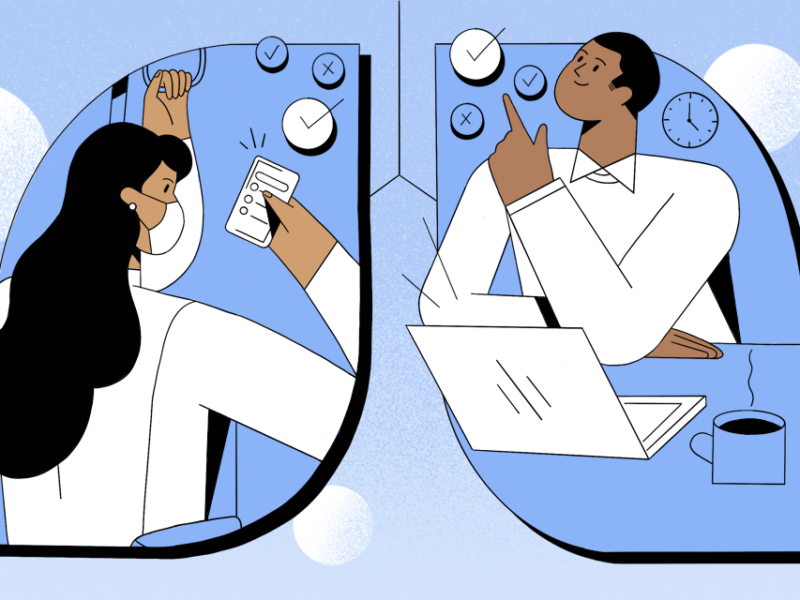Last Friday, the day before the first National Hepatitis Testing Day, the CDC announced a new recommendation that all “baby boomers” (those born between 1945 and 1965) receive a one-time test for Hepatitis C (HCV).The CDC hopes that by testing all baby boomers, it can identify an additional 800,000 people with HCV, and save more than 120,000 lives.
Hepatitis C is a disease transmitted through blood infected with the Hepatitis C virus. It is linked to a variety of liver diseases, including liver cancer and cirrhosis. Many do not know they are infected with the virus because it can cause damage for years without producing obvious symptoms. In 2007, more than 15,000 people died from HCV. Additionally, liver cancer is the fastest growing cause of cancer deaths.
The CDC believes that an HCV test is especially valuable because of the recent development of HCV drugs. These drugs, called protease inhibitors, make HCV manageable and sometimes even curable. Several pharmaceutical companies have demonstrated interest in further improving the quality of these drugs.
In the past, age has not been included in the guidelines for HCV testing. Recognized risk factors include exposure to HCV, injection drug use, receiving blood or organ donation before screening standardization in 1992, infection with HIV, and appearance of HCV symptoms.
However, the CDC reports that 75% of total American adult HCV infections are contained within the baby boomer generation. This generation has higher rates of infection than younger generations for two key reasons. First, the cause of HCV was not identified until 1989, and second, the blood supply was not regularly screened until 1992. Baby boomers may have been infected in their teens and 20’s and still be unaware of their status today.
Testing for HCV would be comparable to many other common screenings in the US, such as HPV and cholesterol screenings. The CDC has yet to announce plans for the implementation of this recommendation. However, the organization has promised to allocate $6.5 million in grants towards testing.
The CDC is accepting public comment on this recommendation until June 8 when it will release a finalized statement.
